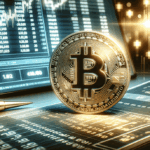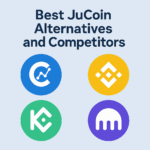I will talk about What NFT meaning in this article. These tokens are unique digital assets that have been confirmed using blockchain technology.
They have found extensive applications providing new ways for creators to monetize their work while ensuring buyers’ ownership and provenance.
What Is NFT Meaning?
An NFT, which stands for Non-Fungible Token, is a specific digital asset that indicates possession of an individual item or piece of content such as digital art, music, videos and even virtual real estate.
This is unlike Bitcoin or Ethereum cryptocurrencies that can be changed like-to-like; unlike those, NFTs are unique.
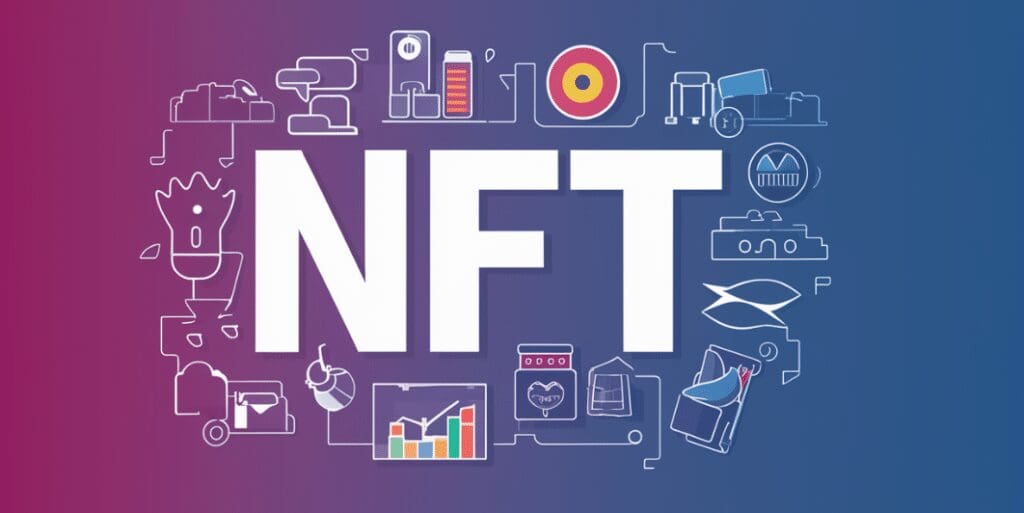
Every NFT has its record in the blockchain, thus confirming its genuineness and the proprietorship.
By following these procedures, this technology enables creators to tokenise their work with documented proof of ownership and secure ways to sell their digital art.
How NFTs Work
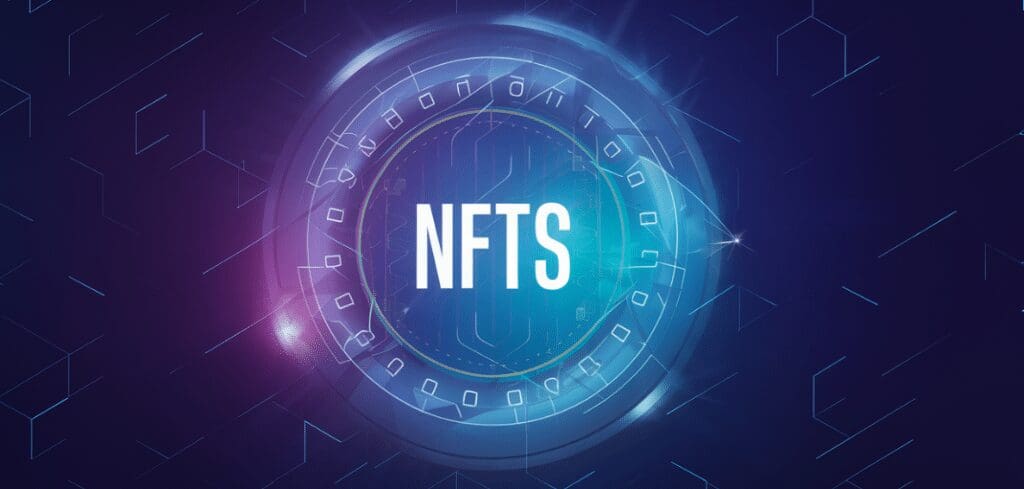
NFTs (non-fungible tokens) employ blockchain technology to generate a distinctive digital representation of an asset. Here is how they function, step by step:
Creation (Minting)
NFTs are generated by minting. An image, video or music file turns into a digital asset on the blockchain during the minting process.
This way, it creates a unique identifier for each NFT, making sure each one is unique.
Blockchain
The NFT is kept on a decentralized ledger called blockchain. Although Ethereum is the most common blockchain for NFTs, others include Binance Smart Chain and Flow.
Every NFT transaction, such as its creation, ownership or transfer, will be recorded on this blockchain.
Ownership
Ownership of every individual NFT has to be confirmed on the blockchain. When someone buys an NFT, their details are recorded in the purchase and linked to their digital wallet address.
Smart Contracts
Self-executing contracts with agreement terms directly written into code are used for creating NTFs—also known as smart contracts.
These contracts determine whether or not an NFT can be transferred and enforce rules governing resale royalties payable to the original creator.
Marketplaces
Online marketplaces like OpenSea, Rarible and Foundation allow one to buy, sell or trade an NFT.
Using these platforms, buyers and sellers exchange NFTs (cryptocurrencies are often involved in transactions).
Interoperability
It allows the use of nft across different platforms and applications; for instance, a virtual gallery may display a digital artwork nft while also serving as an avatar in some games or integrating itself into social media profiles.
Uses of NFTs

Non-fungible tokens (NFTs) can be used in various industries. Below are some of the most popular and innovative applications:
Digital Art and Collectibles
NFTs are widely adopted to indicate ownership over digital art and collectables. Artists tokenize their work to ensure genuine sales directly from their workshops.
Gaming
NFTs signify in-game properties such as characters, skins, and virtual real estate in the gaming industry. Players purchase these assets, trade them or sell them across games.
Music and Entertainment
Musicians and entertainers have started using NFTs to sell digital albums, concert tickets and exclusive content. This allows artists to connect directly with their fans, creating new revenue streams.
Virtual Real Estate
Decentraland, The Sandbox platforms allow users to buy, sell or develop virtual land using NFTs. For example, this virtual real estate is used for various purposes including virtual events, gaming or social interactions.
Identity and Certification
Verification of identity and credentials can make use of NFTs. For instance certificates for taking a course or participating in an event may be represented by them.
Tokenizing Real-World Assets
Ownership of physical assets like real estate and artworks, among other items, can be represented by NFTs, simplifying the buying and selling process and transferring them.
Access Control
Exclusive content access control can be provided through NFTs while permitting communities or events. For instance, owning one specific kind may give you access to a private VIP event online forum.
Charity and FundraiV.I.P.
Charities have been increasingly adopting NFTs in their activities. These organizations can auction off these digital assets to raise funds towards varied causes.
Benefits of NFTs
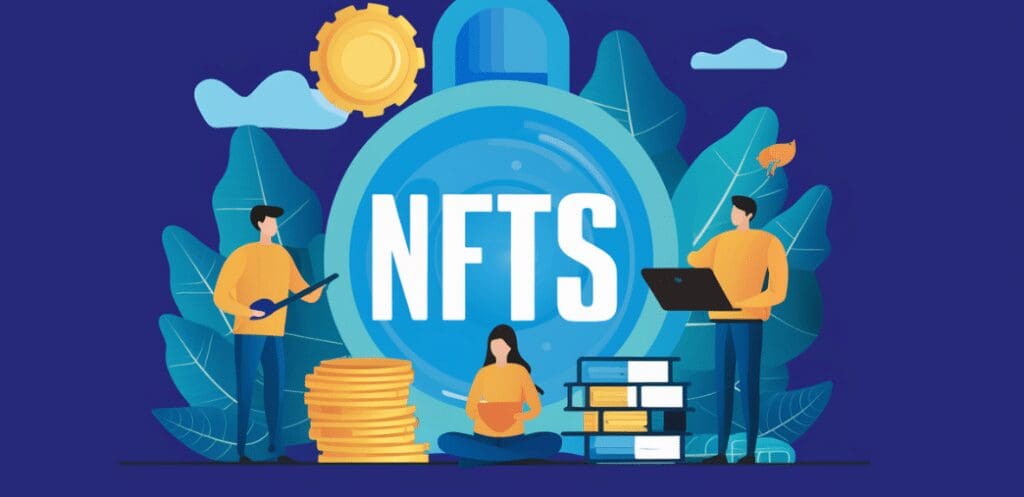
Direct Monetization for Creators
Artists, musicians, and creators can sell their works directly to customers without intermediaries. As such, they can earn more money from them and control them.
Royalties
NFTs may include smart contracts that entail royalty payments each time the initial creator sells these non-fungible tokens again. It ensures that artist gets continuous income from their creativity.
Interoperability
There are several applications where one NFT can be used across different platforms. Besides, any digital art piece may appear in many virtual galleries or an NFT bought in one game may be employed in another.
Security
This is a trusted digital ledger with total visibility on the blockchain where NFTs are stored. Consequently, these tokens’ ownership and transaction history cannot be altered or hidden.
Fractional Ownership
To make high-value assets accessible to a larger population, individual NFTs can be divided into smaller parts. For instance, real estate properties or rare art could be exploited by getting more people to invest in them without much financial strain on individuals.
Innovation and Creativity
Artists and Developers now have another medium through which they can exercise their artistic skills- this is what drives new concepts. This has led to the creation of unique digital experiences and assets that were impossible before.
Global Market
For creators, this means that they can now sell their NFTs on an international market. This widens the scope for finding interested people who will be ready to buy their works, giving them a wider audience.
Conclusion
To summarise, NFTs (Non-Fungible Tokens) are exclusive digital assets identifying ownership of a particular thing or content like pictures, videos and music.
Unlike cryptocurrencies that are fungible and can be exchanged on a one-to-one scale, the distinctiveness of NFTs means they cannot be traded on apples for apple criterion.
This is usually done through blockchain technology, certifying genuineness and possession.
NFTs have become popular because they can change how artists buy, sell and own digital contents.
Howecontentre are also challenges associated with them, such as environmental concerns and future worth.








